Zlatan Ibrahimović (Part1)
Zlatan Ibrahimović
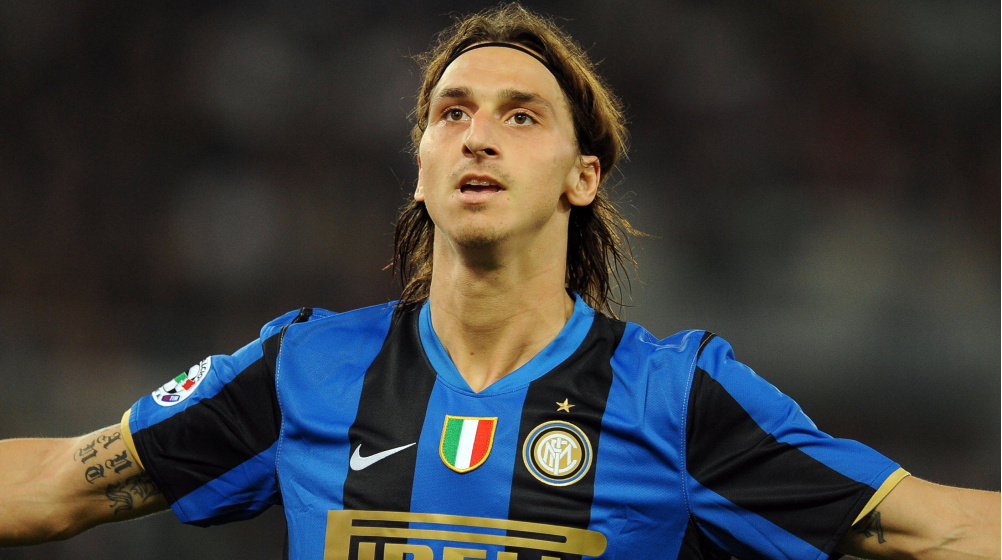
Zlatan Ibrahimović , Bosnian: born 3 October 1981 emerges as a former proficient footballer hailing from Sweden, who excelled in the role of a forward. Ibrahimović gained recognition for his remarkable acrobatic finishes and volleys, exquisite technique, precise ball control, and imposing physical prowess. Widely acknowledged as one of the preeminent strikers in the history of football, he stands as one of the most decorated athletes globally, clinching 34 trophies throughout his illustrious career. His goal tally exceeds 570, encompassing over 500 goals at the club level, with his scoring prowess extending across four consecutive decades.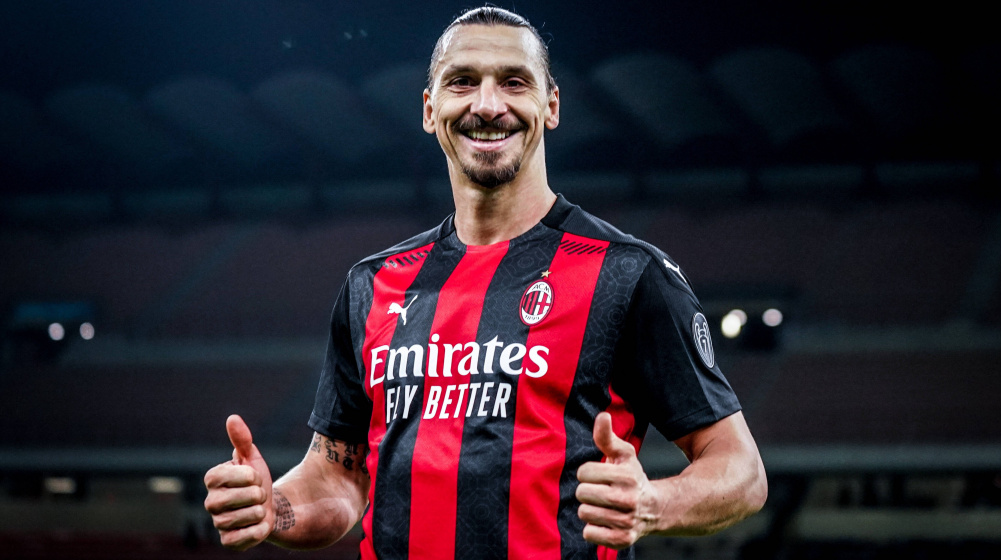
Ibrahimović initiated his professional journey with Malmö FF in 1999, subsequently securing a transfer to Ajax two years later. His performance there solidified his status as one of Europe's most promising forwards. Following a two-year stint, he made a move to Juventus before joining Inter Milan in 2006. The Inter Milan phase saw him secure three consecutive Serie A titles, accompanied by a substantial surge in popularity. In 2009, Ibrahimović embarked on a high-profile transfer to Barcelona, yet after a single season, he returned to Italy, donning the colors of Milan, with whom he clinched the Serie A title in his debut campaign. 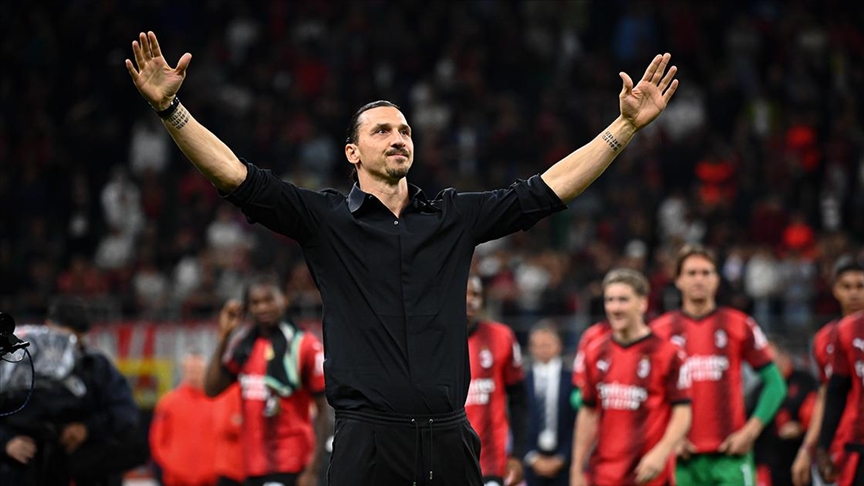
2012 witnessed his transfer to Paris Saint-Germain, steering them to their first Ligue 1 title in 19 years and establishing himself as a pivotal figure in their French football dominance. His four-season tenure in France resulted in four consecutive Ligue 1 titles, three seasons as the top scorer, and the record of being PSG's all-time leading goalscorer at that time. In 2016, a free transfer led him to Manchester United, where he secured his first European honor in his inaugural season. Ibrahimović later joined LA Galaxy in 2018 and made a triumphant return to Milan in 2020, securing his fifth Serie A title in 2022.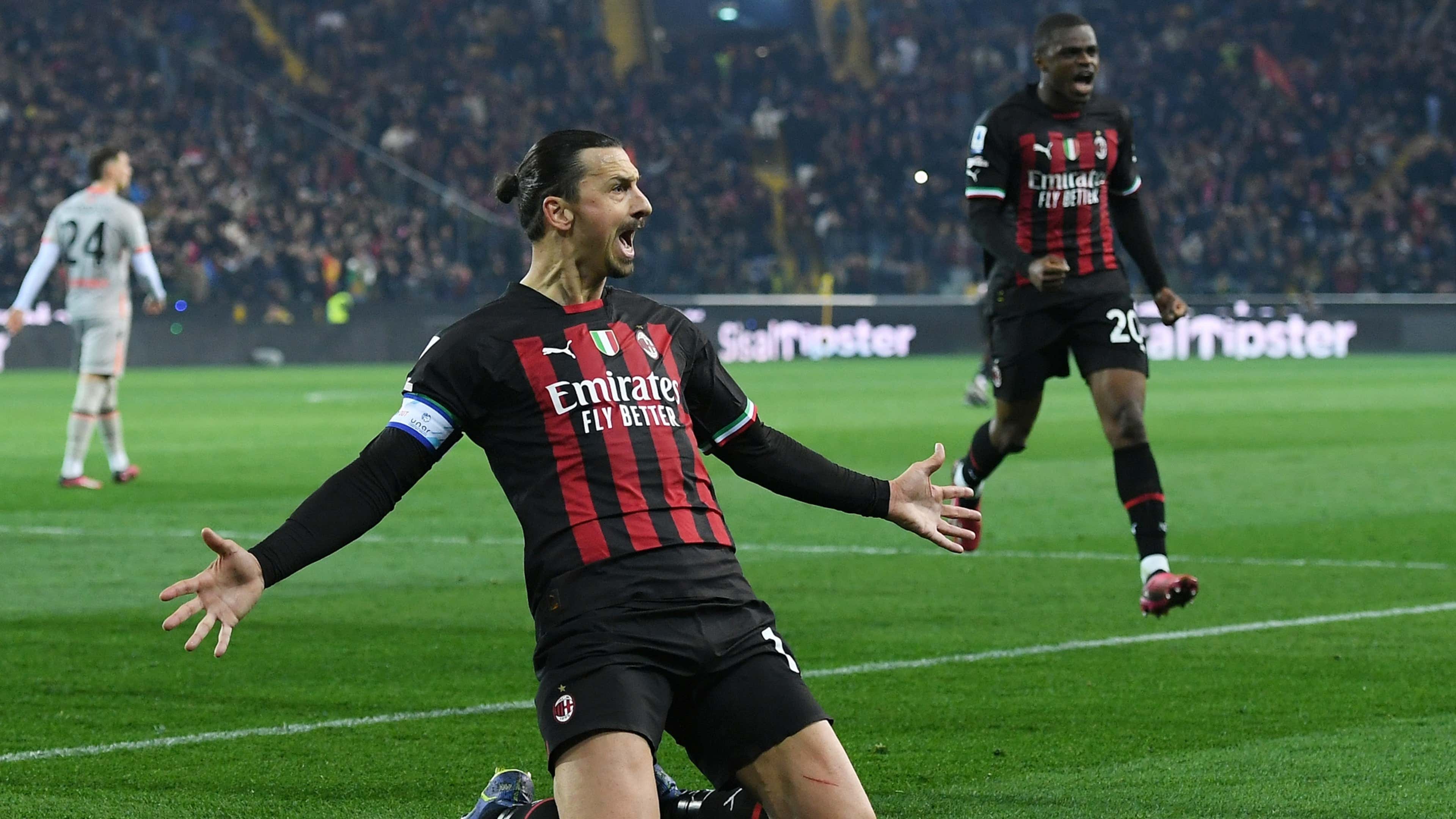
Beyond his club accomplishments, Ibrahimović left an indelible mark on the Swedish national team, making over 100 appearances during his two-decade-long international career. With 62 goals, he holds the distinction of being Sweden's all-time leading goalscorer. His participation in multiple FIFA World Cups and UEFA European Championships showcases his enduring impact on the international stage. Ibrahimović's impressive feat of winning the Guldbollen , awarded to the Swedish player of the year, a record 12 times, including a remarkable 10 consecutive wins from 2007 to 2016, underscores his consistent excellence. Notably, his spectacular 35-yard bicycle kick against England in 2013 earned him the FIFA Puskás Award and is often hailed as one of the greatest goals in the history of football. His prowess extends to other memorable goals, especially in the European Championships.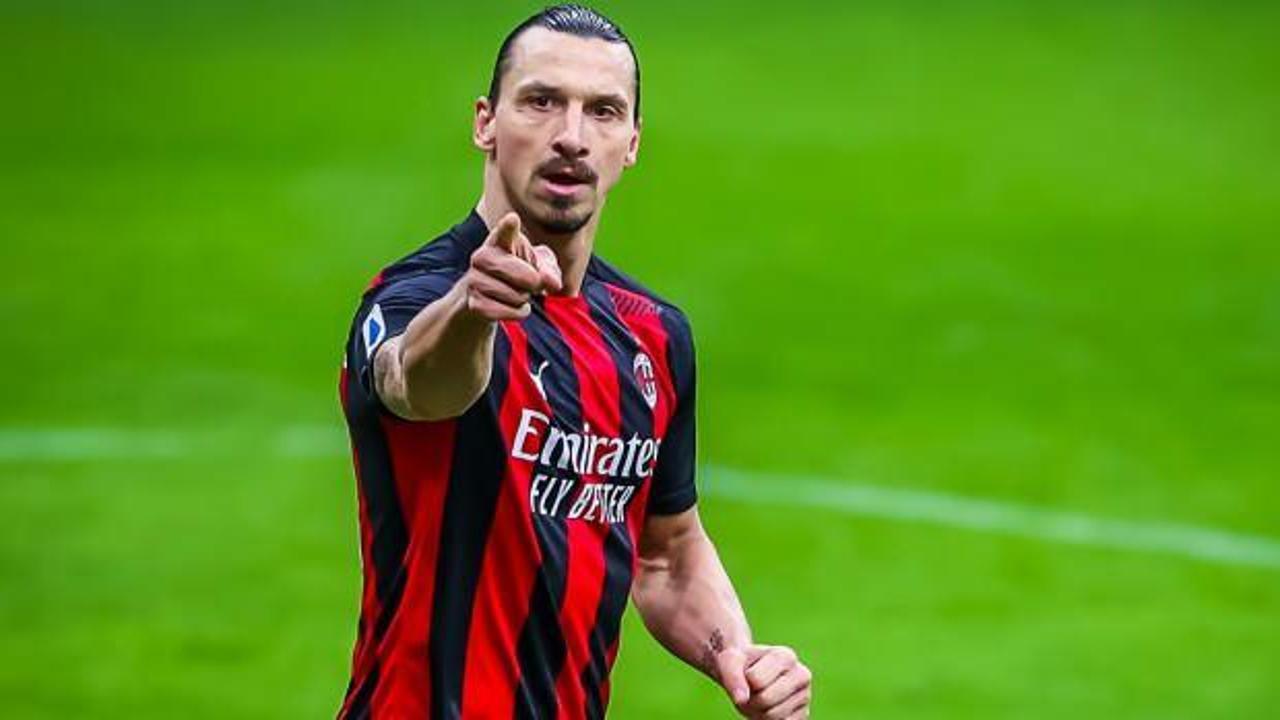
In the realm of individual accolades, Ibrahimović's inclusion in the FIFA FIFPro World XI in 2013 and the UEFA Team of the Year in 2007, 2009, 2013, and 2014 reflects his sustained excellence. A fourth-place finish in the FIFA Ballon d'Or in 2013 epitomizes his peak form. UEFA recognized him in 2015 among the best players who have not won the UEFA Champions League, while FourFourTwo magazine ranked him as the third-greatest player never to win the competition in 2019. In December 2014, Dagens Nyheter, a Swedish newspaper, bestowed upon him the title of the second-greatest Swedish sportsperson ever, second only to tennis legend Björn Borg. Off the field, Ibrahimović is renowned for his bold personality, characterized by outspoken remarks and a penchant for referring to himself in the third person.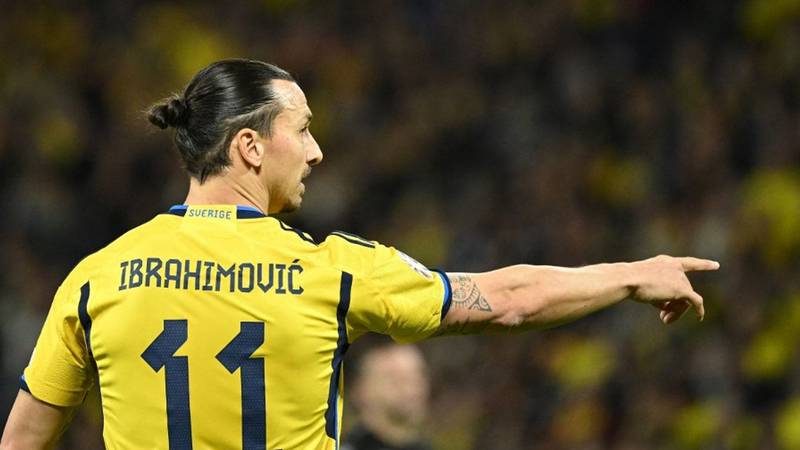
Zlatan Ibrahimović, hailing from Malmö, Sweden, entered the world on 3 October 1981. His background reflects a unique blend of cultural influences, with a Muslim Bosniak father, Šefik Ibrahimović, who migrated to Sweden in 1977, and a Catholic Croat mother, Jurka Gravić, who also found her way to Sweden, where the couple's paths first crossed. Despite his diverse heritage, Ibrahimović aligns himself with his mother's faith and proudly identifies as a devoted Catholic Christian.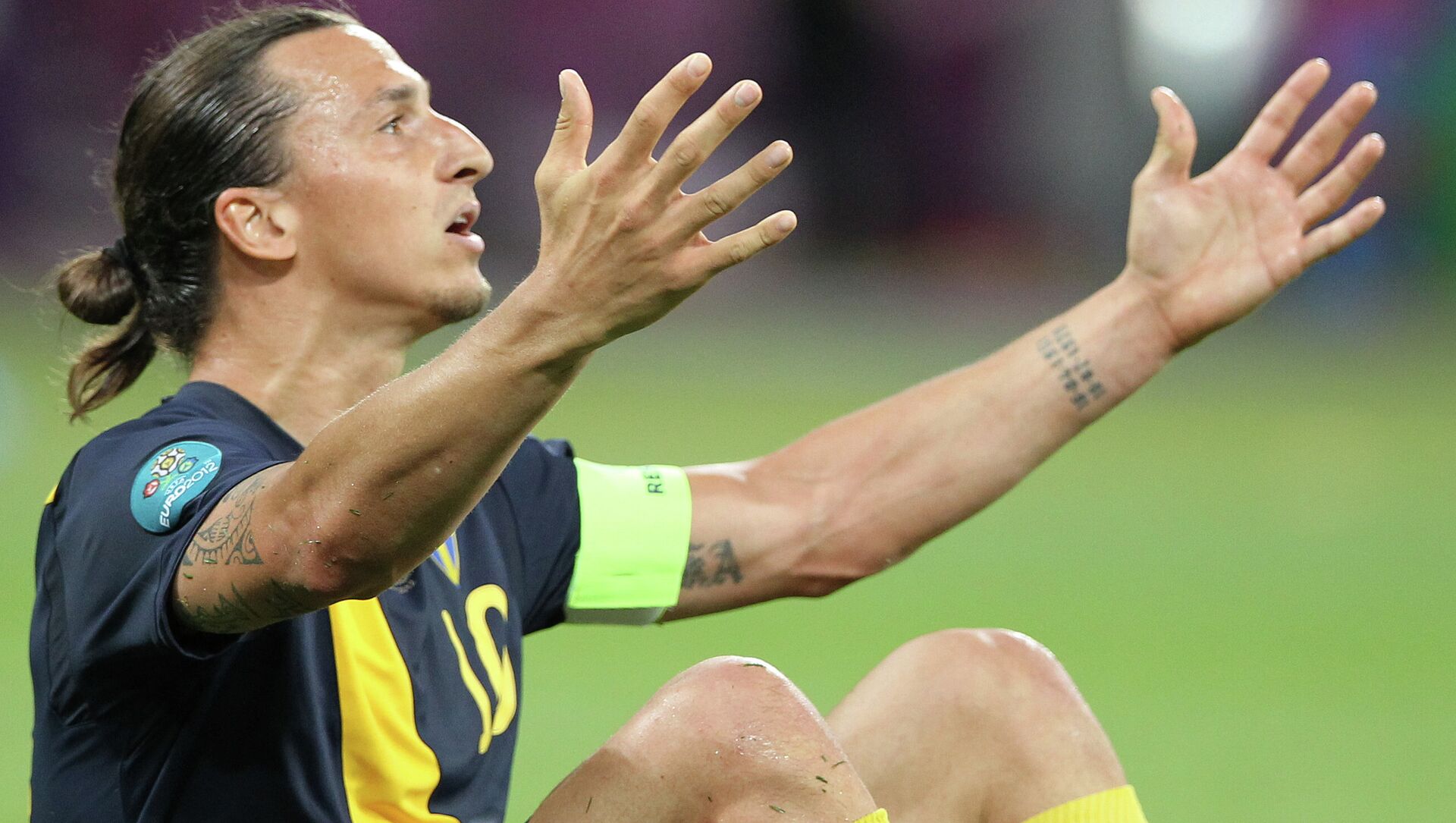
The journey of his football prowess commenced at the tender age of six when he received a pair of football boots. The budding talent navigated through various clubs, including FBK Balkan, a Malmö establishment formed by Yugoslav immigrants, Malmö BI, and briefly BK Flagg football clubs.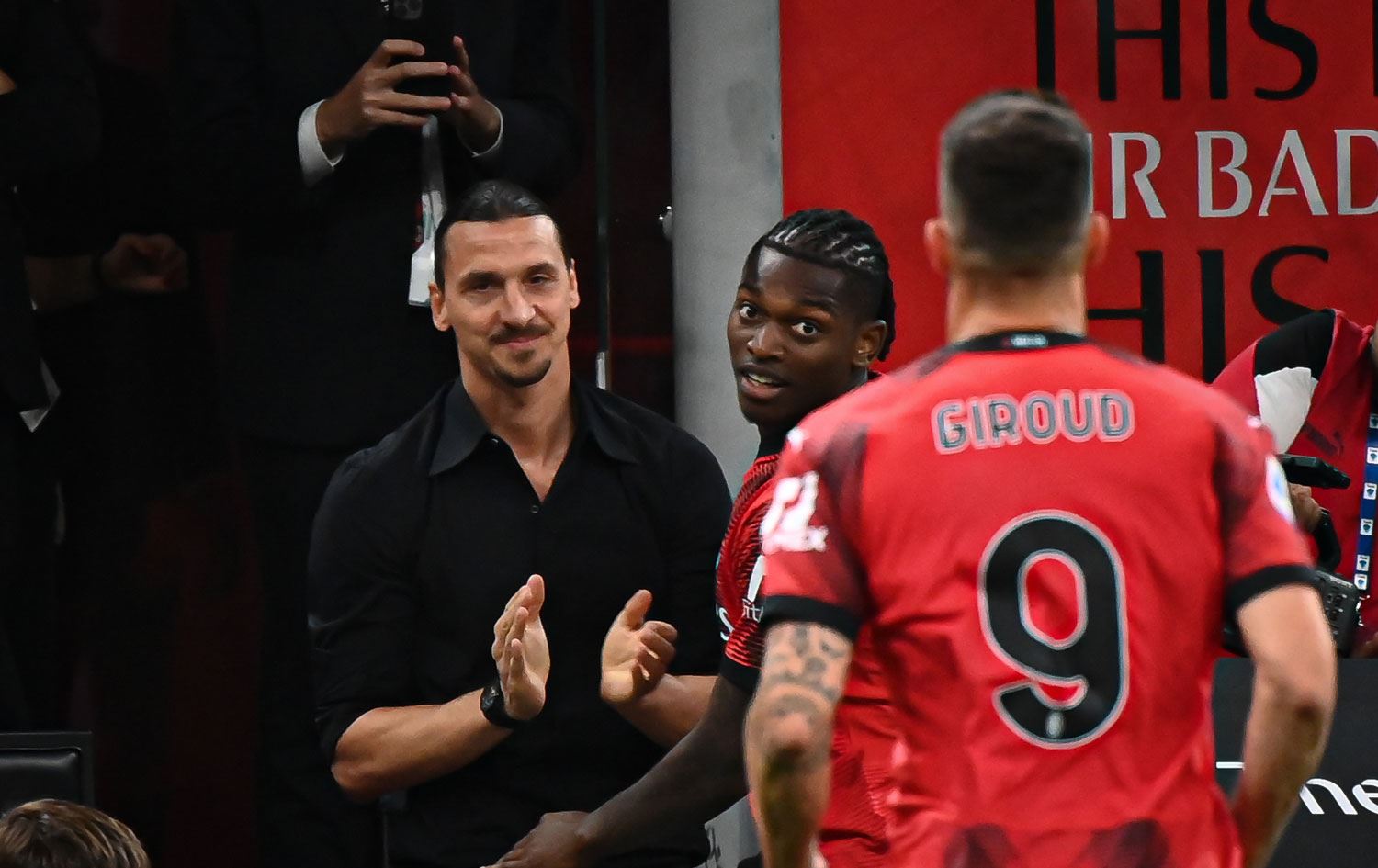
His childhood was marked by challenges, including occasional disciplinary actions from his mother, who, at times, resorted to using a wooden spoon – a method that often resulted in broken utensils. Social services intervened when his mother faced legal troubles related to handling stolen goods. Faced with concerns about his mother's ability to care for five children, including a half-sister with a drug problem, Ibrahimović, at the age of nine, found himself living with his father. Food scarcity and tough circumstances led him to run to his mother's for dinner, and in the struggle for survival, he resorted to shoplifting and bike theft.
Author David Lagercrantz, co-writer of "I Am Zlatan," characterizes Ibrahimović as complex, shaped by a challenging upbringing. The football icon's strength and toughness are products of a life where he constantly engaged in battles. Lagercrantz describes him as a warrior who, despite vulnerability, transformed his anger into a source of strength. The author recounts Ibrahimović's perspective: "David, I need to be angry to play well." His tough upbringing fueled a determination to overcome obstacles, motivated by a desire to prove himself to those who doubted him. Lagercrantz encapsulates this transformative journey, stating, That became his motivation.
During his early teenage years, Ibrahimović showcased his skills as a regular player for his hometown club, Malmö FF. At the age of 15, he faced a pivotal moment where he contemplated abandoning his football career to work at the docks in Malmö. However, his manager successfully persuaded him to persevere in pursuing his passion for football. In his formative years, Ibrahimović found inspiration in Brazilian forward Ronaldo, and as an avid follower of Italian football, he admired the prolific striker Gabriel Batistuta, recognizing shared characteristics between them.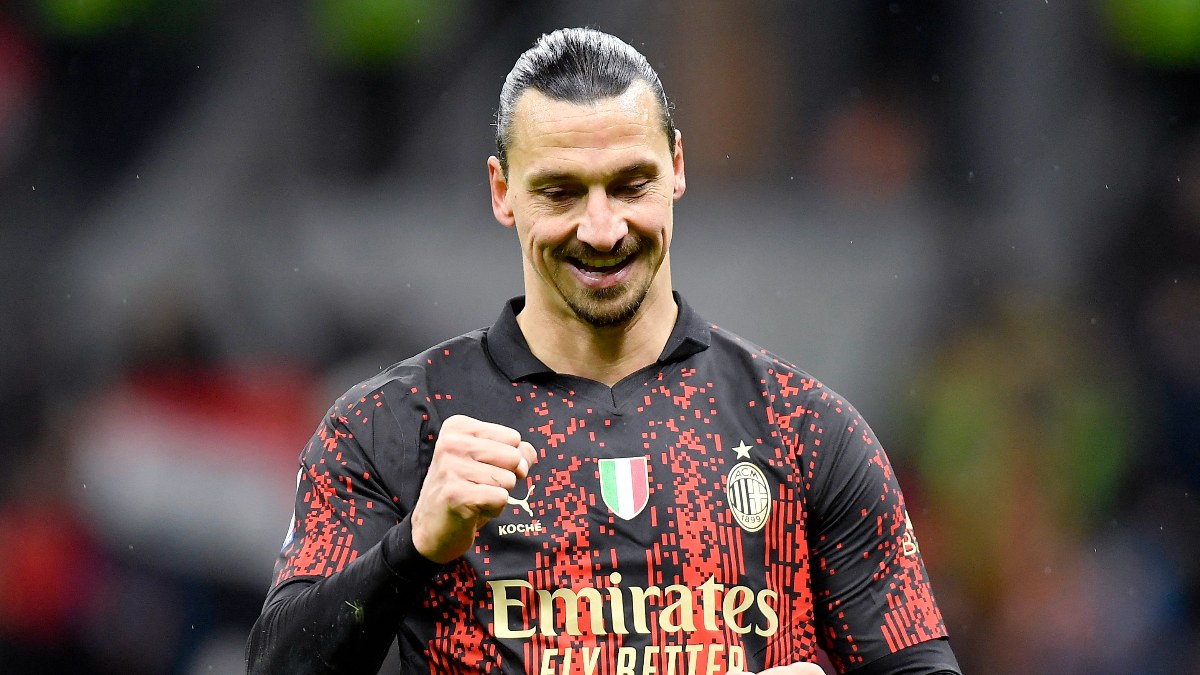
References
- "FIFA Club World Cup UAE 2009 presented by Toyota: List of Players" (PDF). FIFA. 1 December 2009. p. 1. Archived from the original (PDF) on 29 June 2019. Retrieved 28 March 2014.
- ^ "Ibrahimovic Zlatan". Paris Saint-Germain F.C. Archived from the original on 2 May 2017. Retrieved 18 July 2012.
- ^ Johnson, Jonathan (9 May 2018). "Dani Alves wins 38th trophy but knee injury could cost him shot at World Cup this summer". ESPN. Archived from the original on 12 June 2018. Retrieved 12 June 2018.
- ^ "Iniesta's 32 trophies at Barça". Barcelona: FC Barcelona. 21 May 2018. Archived from the original on 27 May 2018. Retrieved 22 June 2018.
- ^ Bailey, Ryan (21 October 2013). "Zlatan Ibrahimovic's 10 Best Goals". Bleacher Report. Retrieved 26 November 2023.
- ^ "Ten great EURO moments: Ibrahimović's volley". UEFA.com. 9 June 2016. Retrieved 26 November 2023.








































